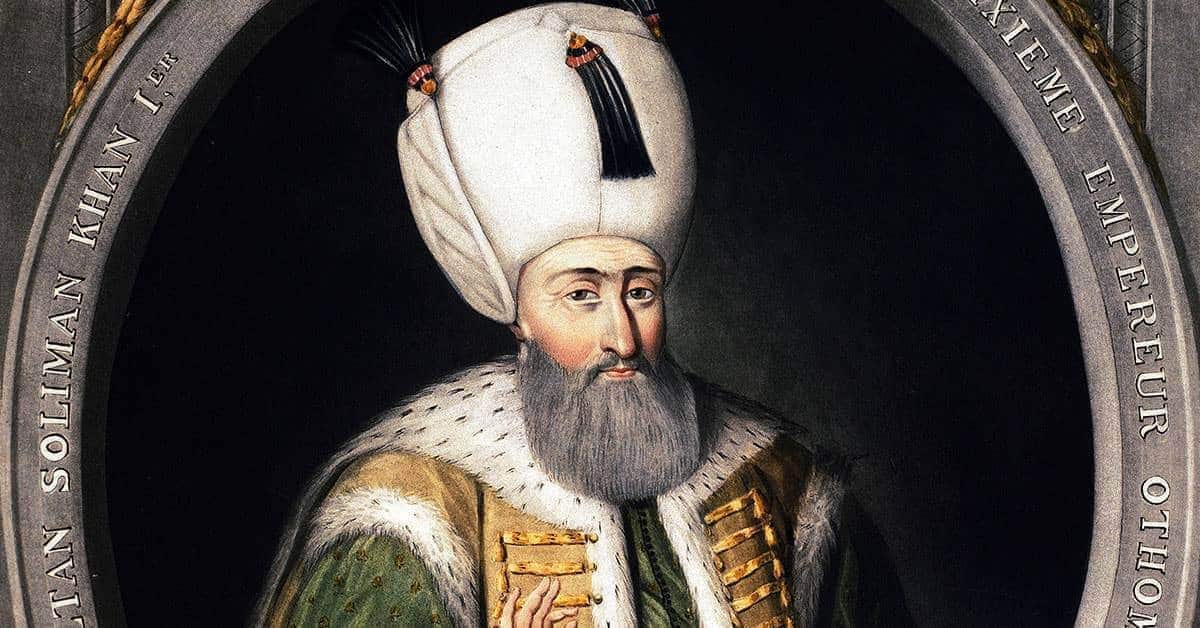
Success #2 – Suleiman the Lawgiver
Suleiman was known as the ‘Lawgiver’ in his realm because he issued a series of non-Islamic laws to help harmonize social life within the Ottoman Empire. His proponents suggest he was different from his predecessors because he was a man of the pen as well as of the sword. Suleiman was certainly extremely adept when it came to surrounding himself with the right people.
One of his first actions as Sultan was to free 1,500 Iranian and Egyptian POWs captured by his father. He even compensated merchants for the goods, Selim, I had confiscated. Shari’ah Law was elevated to a much higher level during his reign than in previous years. Also known as Sacred Law, Shari’ah was Islam’s divine law, and no Sultan was supposed to make changes. However, there was also canonical law, known as the Kanuns, which the Sultan could bend to his will.
During his reign, Suleiman ensured that Shari’ah law was practiced uniformly across the Empire by legal assistants (muftis) and legal experts (quadis). The courts created a special bond between local people. Suleiman went through the judgment of his nine predecessors, eliminated duplications, and contradictory statements and created a single uniform legal code which remained within the laws of Islam. Also known as the Ottoman Laws, this code lasted for over three centuries.
Suleiman was keen to reduce the levels of corruption within the Empire, and he even passed laws that made it illegal to be discriminatory against the Empire’s Christian subjects. He was especially concerned with the ‘rayas.’ These were Christians who worked on the land of the Siphais, landowners who served in the army’s cavalry corps. His Code of the Rayas (Kanune Raya) helped increase the status of rayas above that of serfdom. The reform worked to the extent that Christian serfs migrated to Turkish territories to enjoy the benefits.
The Sultan also helped to protect his Jewish subjects by denouncing blood libels against them in 1553 or 1554. Suleiman also oversaw the implementation of new criminal and police legislation. He introduced a set of specific fines for different offenses and reduced the number of crimes that carried mutilation or death as punishment. The Sultan levied taxes on different types of goods and produce, and any officials found guilty of dubious activities had their land and possessions confiscated.
Although he wasn’t as intelligent as Mehmed II, Suleiman knew the importance of education. Muslim boys received mainly free education, and in the Empire’s capital, the Sultan increased the number of primary schools to 14. There were eight colleges and a couple of higher places of learning which offered education at the university level.

